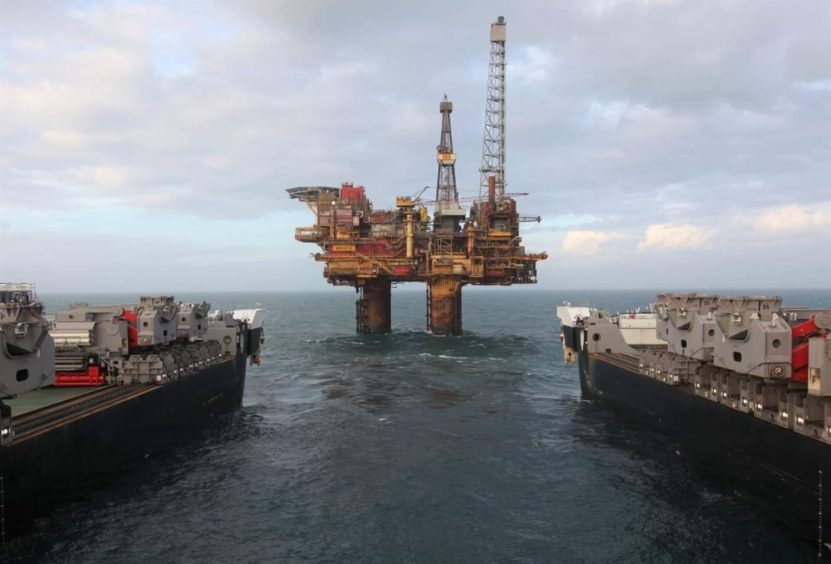
Industry leaders discussed the potential need for a “new brand” for decommissioning at Offshore Europe yesterday as it “implies you’re getting rid of rubbish”.
The process of dismantling oil and gas infrastructure was described “not a great brand” by Jon Clark, oil and gas transactions leader for Europe, Middle East, India and Africa at EY.
Mr Clark highlighted the importance of the industry in terms of its benefits to the environment and engineering complexity, but said a different label could be a way to attract new people into the sector.
He added: “Decommissioning is not a great brand. It implies you’re getting rid of rubbish, something that nobody wants. Then you type oil and gas onto the front of it and that’s just a double whammy of a difficult brand.
“But actually, when you try to explain to your children what we do, we make the environment cleaner, we’re doing technically complicated things in all sorts of interesting parts of the world.
“This is global, it is really relevant to the future of the environment and the future of this industry and there aren’t many sectors that could offer a 30-plus year career.”
On a potential “pitch” for a new brand, Mr Clark said it should incorporate the “technological excitement”, environmental benefits and global dynamic of the sector.
He said industry should work to ensure it can appeal to people working within and outside of the sector.
Mr Clark was joined on the panel by Caroline Lawford, decommissioning project lead at Canadian Natural Resources International (CNRI).
The firm has a host of North Sea platforms due to be shut down, as well as “fun” in its mission statement.
Ms Lawford argued focussing on the latter could be key, particularly when discussing with university students the excitement of the huge engineering projects.
She said: “How to we attract people into decommissioning? My answer to this question is I think decommissioning is fun.
“It is really exciting engineering, I’m a structural engineer so I find the removals phase really exciting but it doesn’t matter what part of decommissioning you’re involved with. They are big projects and really exciting things to be involved with.”
When pushed on managing “fun” with deadlines and cost savings, Ms Lawson added that it all came down to management setting clear expectations.
She added: “Decommissioning isn’t business as usual, it is a change so understanding what that looks like and defining a clear plan and creating a culture so that plan can be developed and improved upon throughout that project,”
Andy Samuel, chief executive of the Oil and Gas Authority (OGA) said he hoped that new technologies would form part of any new brand.
He asked Pamela Lomoro of the Oil and Gas Technology Centre’s (OGTC) National Decommissioning Centre how that would follow.
She said: When you’re marketing that we have to think that you’re not just developing a technology but you’re solving a problem.
“Let’s look at the problem first then let’s think where we can find a solution for it without thinking about the sector.
“The other piece is the motivation. It is exciting, look at it from the perspective of you are going to be part of a new generation that is going to change things in a very significant way. I think that’s where technology can come in.”
